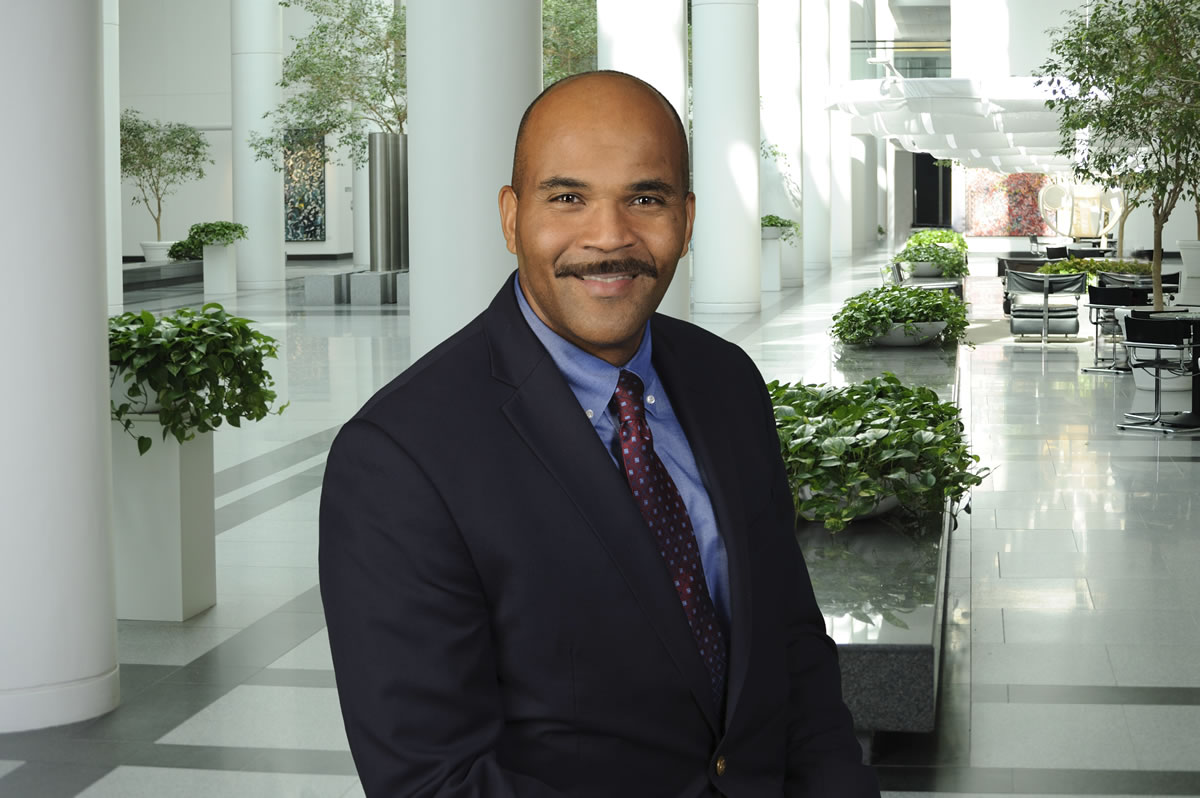
Can I trust my public defender?

Q: Can I trust my public defender?
A: MAYBE, it depends on your level of maturity. There are a number of reasons the system does not work.
THE TOP FIVE REASONS THE PUBLIC DEFENDER SYSTEM DOES NOT WORK
When a criminal defendant indicates that he is unable to afford an attorney, the judge will often appoint an attorney. This court appointed attorney represents the defendant at a minimal cost, often just the cost of appointment, which is currently fifty dollars ($50) in Georgia. Irrespective of whether the indigent criminal defendant is represented by the public defender, court appointed counsel (private attorney that agrees to take court appointed work), or a conflict defender, the relationship is often strained, and the system fails to work. There are a number of reasons the system does not work:
(5) Clients arrested for criminal offenses have poor judgment. This should be no real surprise. Some poor choice has led to the arrest. Either the criminal client has elected to knowingly participate in criminal activity, OR associate with others who he knows frequently engage in criminal activity. Either the criminal client has deliberately placed himself in a dangerous locale, OR has followed some friend to a den of iniquity. I have yet to represent the honor student on his way home from chemistry lab that gets caught up in the drug raid. I am sure some attorney has, just not me. Irrespective of how the arrest occurred, the client often gave the officer arresting him plenty of reason to arrest him.
After he is arrested and assigned an attorney to represent him, the criminal client begins the relationship by referring to the court appointed attorney has a “public pretender” or “free lawyer”. Only an insane person would think it is a good idea to insult the only person standing between the criminal client and a lengthy prison sentence, and justify the insult as a means of motivating the attorney to do more on his case than the next defendant.
The public defender (aka court appointed attorney) is analogous to public transportation. When you have no private automobile, the bus will get you there. It will not pick you up at your door step, or drop you at the front door of your destination. It may require you to wait before it arrives, and require that you stand during the trip. It may take longer to get to your destination because other stops must be made. However, it does get you to your destination, and it is much better than walking. Similarly, the public defender knows the law, the judge and the prosecutor. The public defender cannot spend any more time with the client than is necessary to communicate with the client. The PD cannot be the criminal client’s friend, that is not his job. If the client charged with a crime thinks the PD cannot properly represent him, if the PD does not get to know the client by spending five hours a week with the client, then the client has poor judgment, because the PD is fighting the charges, not the allegation that the client is a bad person, of low morale character.
(4) Attorneys and clients communicate in two different languages. The typical attorney communicates in ideas and concepts, because that is how he/she was trained. Meanwhile, the average, undereducated client communicates solely in senses: what he saw the police do; what he heard the police say; and/or what he heard someone else say. The reasons or motives for why someone may have said something often elude the typical client.
It is important to understand why communicating in two different languages hampers the attorney-client relationship. The glue that holds most relationships together is trust. The trust is often absent when the indigent client does not pay the attorney, because he is unsure where the attorney’s allegiance lies. In addition, the trust is often not built because the attorney is not speaking a language that the client can understand. What constitutes reasonable doubt, a jury of peers, or impeachment? All fancy concepts with point of reference for the client.
(3) Clients do not value what they do not pay for. People often value what they do not have, while undervaluing what they actually have. So, the young man/ woman works 80 hours a week, trading his health for wealth, only to find himself/ herself with a medical issue, which requires him/her to spend his/her wealth in an attempt to regain his/her health. For the indigent, money is king, because they do not have it. They envision a life ten times better than the life they are living if they had more money, never recognizing the value of character or integrity.
(2) Clients do NOT value character or integrity, so the public defender, who fights the good fight, with integrity and diligence is not valued. Many clients believe because they are not paying the attorney, the attorney must be poor, or desperate, or both. “I want to help my community” are empty words for most clients, because they do not result in a relationship with the king: money. Despite the fact that many court appointed attorneys earn a comfortable living, most clients who are not paying the attorney, think the attorney is not being paid. Why? Because their judgment sucks.
(1) There is a lack of honesty in the criminal justice system. Clients lie to their mothers and grandmothers about their role in the robbery. Clients lie about the public defender making them plead to something they did not do. Private attorneys lie about what they will be able to do when the indigent client convinces grandma to liquidate part of her 401K. Judges lie to clients about why they are not going to give the criminal client a bond (In reality it is not that you are a flight risk, it is that you are a turd who cannot stop victimizing people). Probation officers lie about what they will recommend to the judge at the probation revocation hearing. The lack of honesty only impedes the communication between the client and the attorney, and leads to further miscommunication.
So, the real answer to can you trust your public defender is: No, because trust is a function of maturity and judgment, and if you need to ask, then you don’t have it.
Lawrence Lewis - Criminal Defense Attorney

Request a Confidential Case Review 678-407-9300
Lawrence Lewis, P.C. is a criminal defense law firm focused on educating clients and their families on the criminal justice process, as well as working towards favorable resolution of criminal charges.


The information on this website is for general information purposes only. Nothing on this site should be taken as legal advice for any individual case or situation. This information is not intended to create, and receipt or viewing does not constitute, an attorney-client relationship. The verdicts and settlements listed on this site are intended to be representative of cases handled by Lawrence Lewis, P.C. These listings are not a guarantee or prediction of the outcome of any other claims.